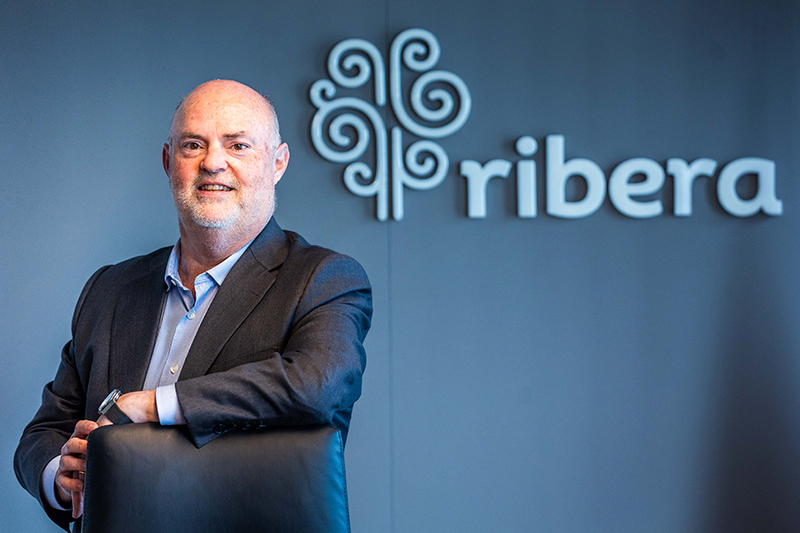Just a few days ago, the Portuguese Government presented the draft Decree Law for the reform of its National Health System, which will come into force on 1 January 2024. This reform changes the entire organisational structure of the Portuguese NHS, creating 31 local health units and promoting an integrated health model, which introduces a more advanced, flexible and realistic capitative financing system than we know, because it includes risk stratification. In other words, it takes into account the ageing of the population, the chronically ill and also the most complex cases, in order to promote a healthcare system that is more patient-centred, focused on the patient’s well-being and on health promotion and disease prevention.
This is news that has made me very happy, because everyone who follows this blog knows that I have always argued that the challenges facing healthcare are global challenges, not just affecting one region or one country. They were already so before the pandemic, but undoubtedly, in this post-Covid period, the urgency of undertaking reforms that guarantee the sustainability of health systems in the medium and long term has become clear. Hence the importance of the step forward taken by Portugal.
The important thing is to make a clear diagnosis of the problems that need to be tackled, and once the causes that generate most of the problems in citizens’ healthcare have been identified, it is essential to take decisions and adopt new policies, as Portugal and other responsible governments have done. In short, to move from words to deeds.
The reform announced in the neighbouring country is a good example and incentive for Spain and other European countries which, without good reason, are reluctant to change, knowing that the current model, based on a 50-year-old society that no longer exists, has many shortcomings, deteriorates the quality of health care for citizens and puts the future of the system at risk.
I am particularly happy and proud that the Portuguese government is committed to an integrated health model. A model that the Ribera health group has been applying for more than 20 years in some of the hospitals and health departments it manages in Spain and in other regions of the world, based on the well-known «5 Ps» (preventive, predictive, population-based, participatory and personalised) to provide the best health care to our patients, with all the technological and human resources available. Our Population Health Management model is always to promote a medicine focused on citizens, anticipating their needs, being proactive and in which professionals are the protagonists and the key to the success of the transformation to a new model of care.
Based on the Ribera Group’s extensive experience in integrated models (primary care-hospital), both in Spain and in other countries around the world, we are at the disposal of the entire Portuguese healthcare sector to contribute to the creation of value for the citizens and patients of this country. The Ribera Group is already present in the management of the Cascais Hospital, a project of which we are very proud and where we have found great professionals and an open and modern society. I would like to end by saying that I am aware that the Portuguese government’s commitment is not an easy path, but also that we have been able to manage this type of complex processes for many years in different regions of Spain and the world, and we are willing to share our know-how with the institutional loyalty that characterises us. We are committed to Portugal.
Whatever the path and the actors in this reform, I wish the Portuguese government every success. But above all, I applaud their courage and proactivity, the accurate diagnosis they have made and the drafting of a bill that aims for the best health care for their citizens with a 21st century vision.
Parabéns (Congratulations!).

